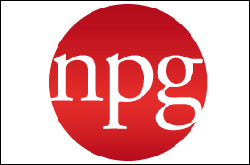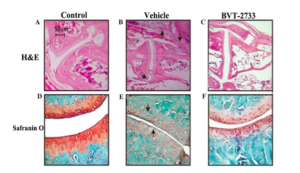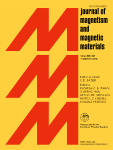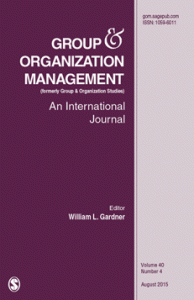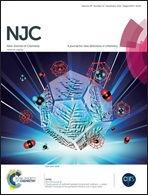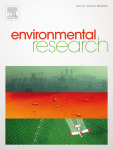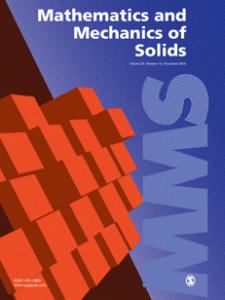Nature Publishing Group is retracting three papers today, after an investigation found evidence the peer-review process had been compromised.
The publisher issued a statement saying they had notified corresponding authors and institutions associated with the three papers, which were all published last year in the journals Cancer Gene Therapy and Spinal Cord.
Here’s the note that’s going on each of the papers, (they’re the same, except for the publication date):
Continue reading “Compromised” peer review hits three papers from Nature Publishing Group
